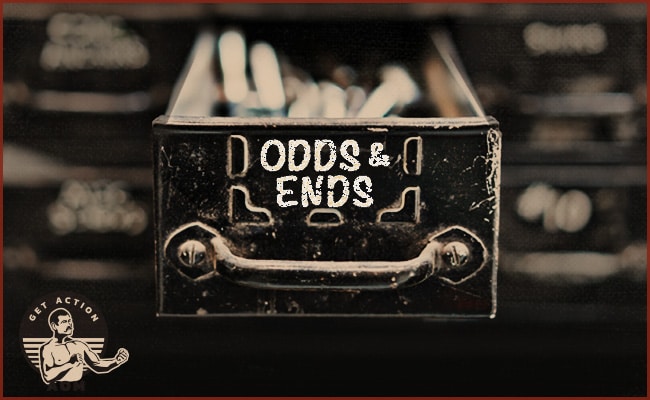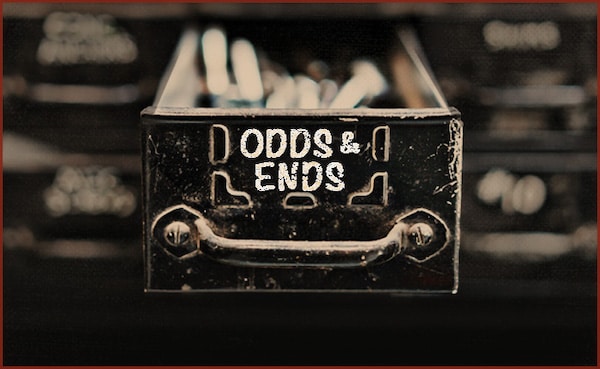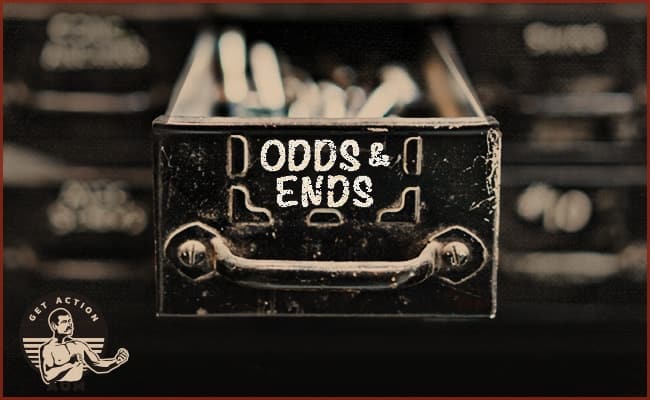
Coke Zero Oreo. When our family made a recent trip to QuickTrip, we noticed a new product on the shelves: Coke Zero Oreo. Yes, that’s right, Oreo-flavored Coke Zero. Do we live in the greatest country in the world, or what? We couldn’t not try it, and it turned out to be dang good. The cookies-and-cream flavor melds surprisingly well with Coke Zero’s base, creating something that tastes like a pleasing dessert, minus the calories. While most of these limited-edition sodas feel like marketing gimmicks, this one’s earned a spot in my regular rotation. Hope they keep it around.
“Bright Lights” by the Killers. You all know I’m a Killers fan. They dropped a new single a few months ago in conjunction with their Las Vegas residency, and it’s still getting regular play in my rotation. It’s a song about homecoming and keeping the fires of ambition burning even in midlife. At least, that’s my interpretation of it. This song is a definite arena anthem that starts off with a nod to Springsteen, but ends with a full-on Las-Vegas-era-Elvis tribute, punched up with gospel swells and horns.
Muscletown USA: Bob Hoffman and the Manly Culture of York by John D. Fair. I recently finished this fascinating dive into America’s strength culture that chronicles how Bob Hoffman turned York, Pennsylvania into a weightlifting Mecca through his York Barbell Company. The most interesting aspect of the story, to me, was York’s rivalry with Joe Weider. While Hoffman championed Olympic weightlifting as the pure pursuit of strength, Weider saw the future in bodybuilding’s aesthetic appeal. Their battle wasn’t just business — it was philosophical and incredibly personal. They defamed and sued each other for years. Hoffman dismissed bodybuilders as “muscle heads” and “pretty boys,” while Weider’s Muscle & Fitness empire helped launch Arnold Schwarzenegger into stardom. If you’re a disciple of the iron, this is a must-read for understanding the strength-training world today.
“The Road Less Traveled” from History This Week. One of the interesting tidbits that’s stuck with me from reading Oliver Burkeman’s Meditations for Mortals and talking to him about it on the podcast is the idea that most people misread Robert Frost’s famous poem “The Road Not Taken.” While it’s typically interpreted to be a poem about choosing individuality and nonconformity — going one’s own way — literary scholars like David Orr have argued that it’s really a poem about how we make choices in general, that we decide a certain path was the best one to take after the fact. In this short and interesting episode of the History This Week podcast, Orr and a Frost biographer unpack this idea further and provide the real context for this classic entry in the American literary canon.
Quote of the Week
Lord help the man who has no resources for his leisure hours but to exercise his emotions instead of his legs.
—John Ballard




